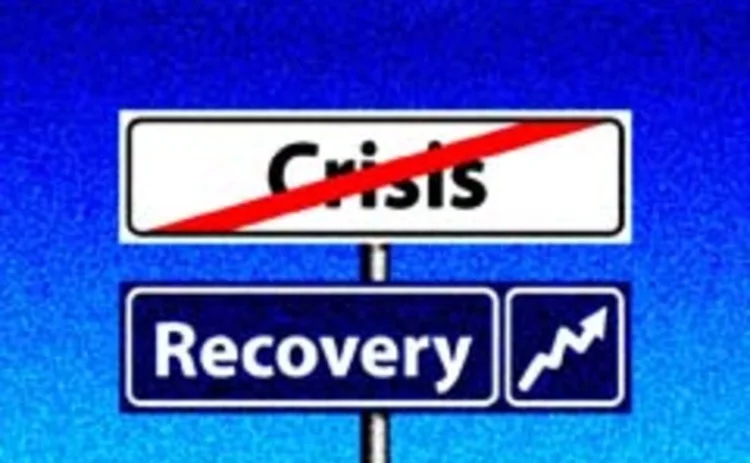
North-South divide in Europe is growing

Northern Europe appears set for a self-reinforcing recovery while countries in the South (such as Italy and Spain) could be stuck in a self-sustaining slump according to Legal & General Investment Management economist James Carrick.
Mr Carrick argued that there are currently very different dynamics at work within the major European economies.
"While we know a lot about the troubles in the euro area's ‘periphery', one of the founding ‘core' members, Italy, now also appears at risk. The combination of fiscal austerity, tight credit conditions and relatively poor corporate finances means that Italy looks vulnerable to a vicious circle of cost cuts ahead," he explained.
By contrast, LGIM's outlook for Germany and France looks brighter. "Germany remains the growth engine of the region and appears to be in a self-reinforcing recovery, with unemployment the lowest since reunification in 1991 and the availability of credit now almost back to pre-crisis levels."
Mr Carrick said France also appeared to be on the road to recovery, albeit due to different reasons: "France is benefiting from a domestic credit boom rather than strong competitiveness. It, therefore, seems somewhat more vulnerable than Germany to a renewed European banking crisis".
He discussed the dire situation within Spain, where unemployment is at 21.3%, taxes are rising, consumer spending is weak and house prices are in decline forcing banks to tighten lending standards.
It was one of the European Union's founding members, however, which he flagged as the greatest concern for the euro area. "While government borrowing in Italy is not as high as it is France, its debt stock is higher". Mr Carrick said Italy chose to tighten fiscal policy to avoid a financial crisis but real government spending fell in 2010 and this has hurt the labour market.
Moreover, he argued corporate interest gearing in Italy is higher now than it was following the dot.com bust and the banking sector remains very weak. "We believe business investment will remain subdued and this, coupled with government spending cuts, high unemployment and weak consumer spending, means that Italy looks very vulnerable to further economic shocks."
Only users who have a paid subscription or are part of a corporate subscription are able to print or copy content.
To access these options, along with all other subscription benefits, please contact info@postonline.co.uk or view our subscription options here: https://subscriptions.postonline.co.uk/subscribe
You are currently unable to print this content. Please contact info@postonline.co.uk to find out more.
You are currently unable to copy this content. Please contact info@postonline.co.uk to find out more.
Copyright Infopro Digital Limited. All rights reserved.
As outlined in our terms and conditions, https://www.infopro-digital.com/terms-and-conditions/subscriptions/ (point 2.4), printing is limited to a single copy.
If you would like to purchase additional rights please email info@postonline.co.uk
Copyright Infopro Digital Limited. All rights reserved.
You may share this content using our article tools. As outlined in our terms and conditions, https://www.infopro-digital.com/terms-and-conditions/subscriptions/ (clause 2.4), an Authorised User may only make one copy of the materials for their own personal use. You must also comply with the restrictions in clause 2.5.
If you would like to purchase additional rights please email info@postonline.co.uk








